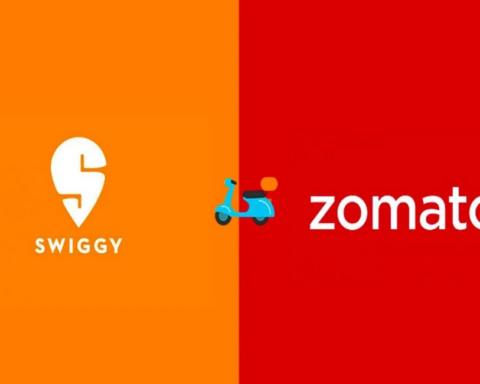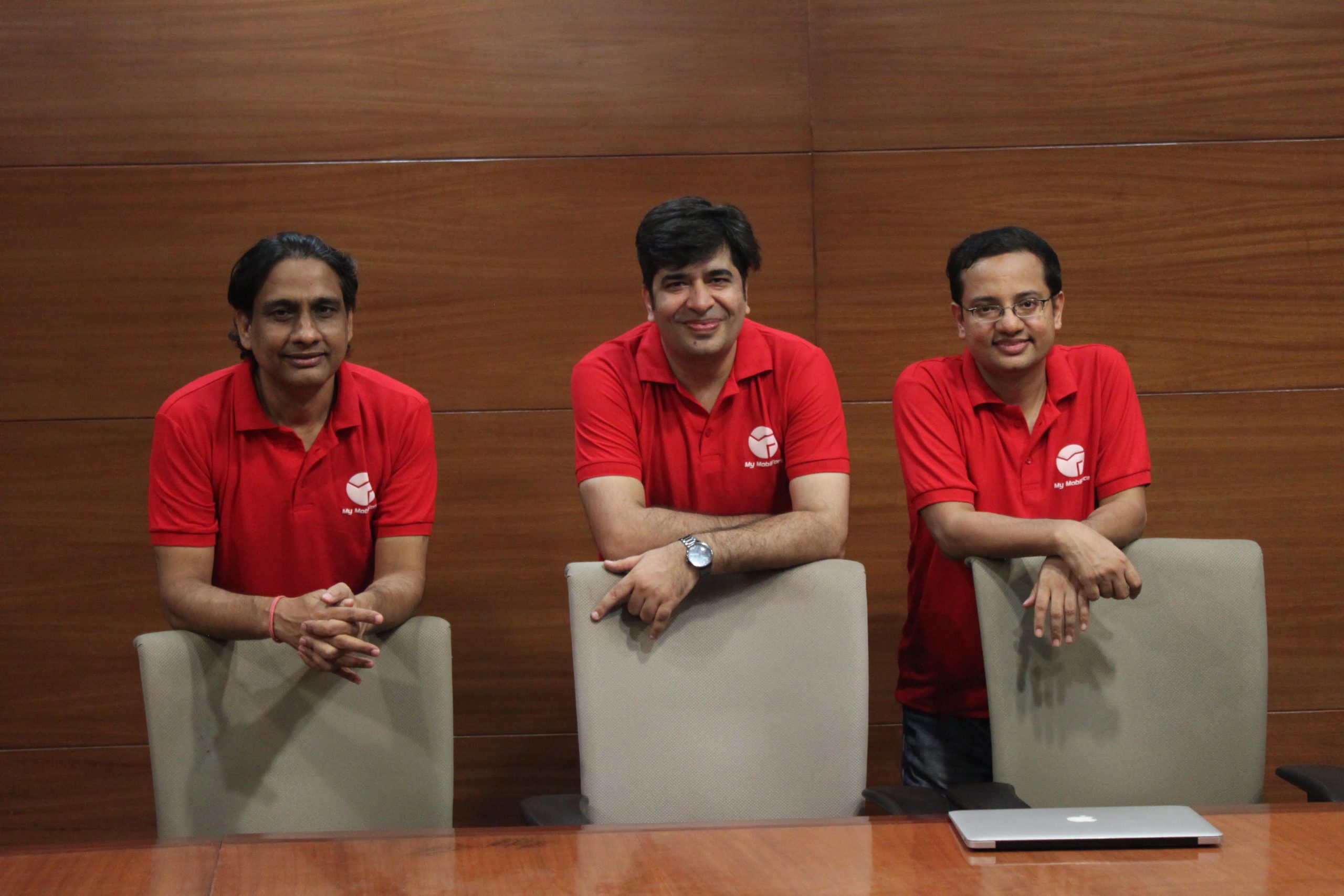The complexity around the issue of GST regulations in the ride-hailing industry has given rise to an ongoing debate as to whether Namma Yatri should be paying GST on rides, the same as Ola, Uber, and Rapido. Distinguishing its position from other industry players, Namma Yatri does not associate itself as an e-commerce operator or an aggregator but instead paints itself as a B2B software provider for drivers. On grounds of this distinction, it has created a divide where lawyers, tax officials, and other stakeholders continue to weigh in on the fairness of the GST exemption applied singularly on the Namma Yatri platform.
As the platform claims to act only as a mediator without charging the drivers a certain percentage of their earnings from each ride, it therefore, legally, is not required to pay GST. However, while Namma Yatri proclaims itself as a strictly non-e-commerce operator or aggregator, the other major industry players would like to argue otherwise. Going by the definition of ‘electronic commerce’ as stated in the GST act, a supplier of goods or services or both, including digital products over digital or electronic networks, is liable to pay taxes. The extent to which the operations conducted by Namma Yatri fall under the qualifying terms of this definition forms the crux of the debate.
Credited as one of ONDC’s biggest success stories, with a 100% month-to-month growth rate, Namma Yatri finds itself in quite a unique position where being exempted from having to pay GST is directly in contradiction to the objective of the GST law. As the GST laws claim to clearly differentiate between e-commerce platforms and offline players, the grey area that Namma Yatri finds itself currently functioning in needs to be resolved. While other ride-hailing apps like Ola, Uber, and Rapido continue complying with GST laws, the question hangs in the air on its applicability to Namma Yatri.






